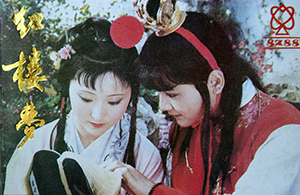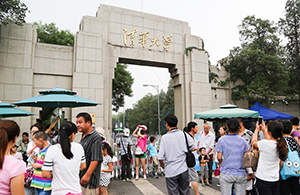Overwork causes death in China too
(China Daily) Updated: 2012-10-31 09:46China has become a country where karoshi, or death caused by overwork, is no longer rare. The term may have been coined in Japan but it has become a reality even in China. Statistics show that work pressure has caused the death of more than 600,000 Chinese employees and more urban white-collar workers are suffering the ills of overwork, which deserves greater attention, says an article on gmw.cn. Excerpts:
Working overtime seems to be the norm for employees who want to earn more at the cost of suffering the ill-effects of overwork. The problem is that Chinese workers don't work overtime because they want to but because they want to earn more to overcome their financial problems in times of rising living costs.
Employers cajole, persuade, goad or force their workers to work overtime because they want to perform better in China's highly competitive market to ensure that they don't go out of business.
China has made outstanding achievements that have amazed the world, mainly because of its relatively cheap labor. Since China is yet to fix institutional costs favorable to trade in market economy and technological innovation, the country's workforce has to work longer to counterbalance its negative effects on the economy.
The only thing that could have improved working conditions is the labor law, but it is not implemented strictly and thus fails to protect workers' legitimate rights.
Therefore, to ensure that employees don't work beyond the stipulated working hours and to guarantee them a life of dignity, the government needs to plug the legal loopholes in labor laws. It should also see to it that workers are not denied their right to demand and get their due.
(China Daily 10/31/2012 page9)

I’ve lived in China for quite a considerable time including my graduate school years, travelled and worked in a few cities and still choose my destination taking into consideration the density of smog or PM2.5 particulate matter in the region.











